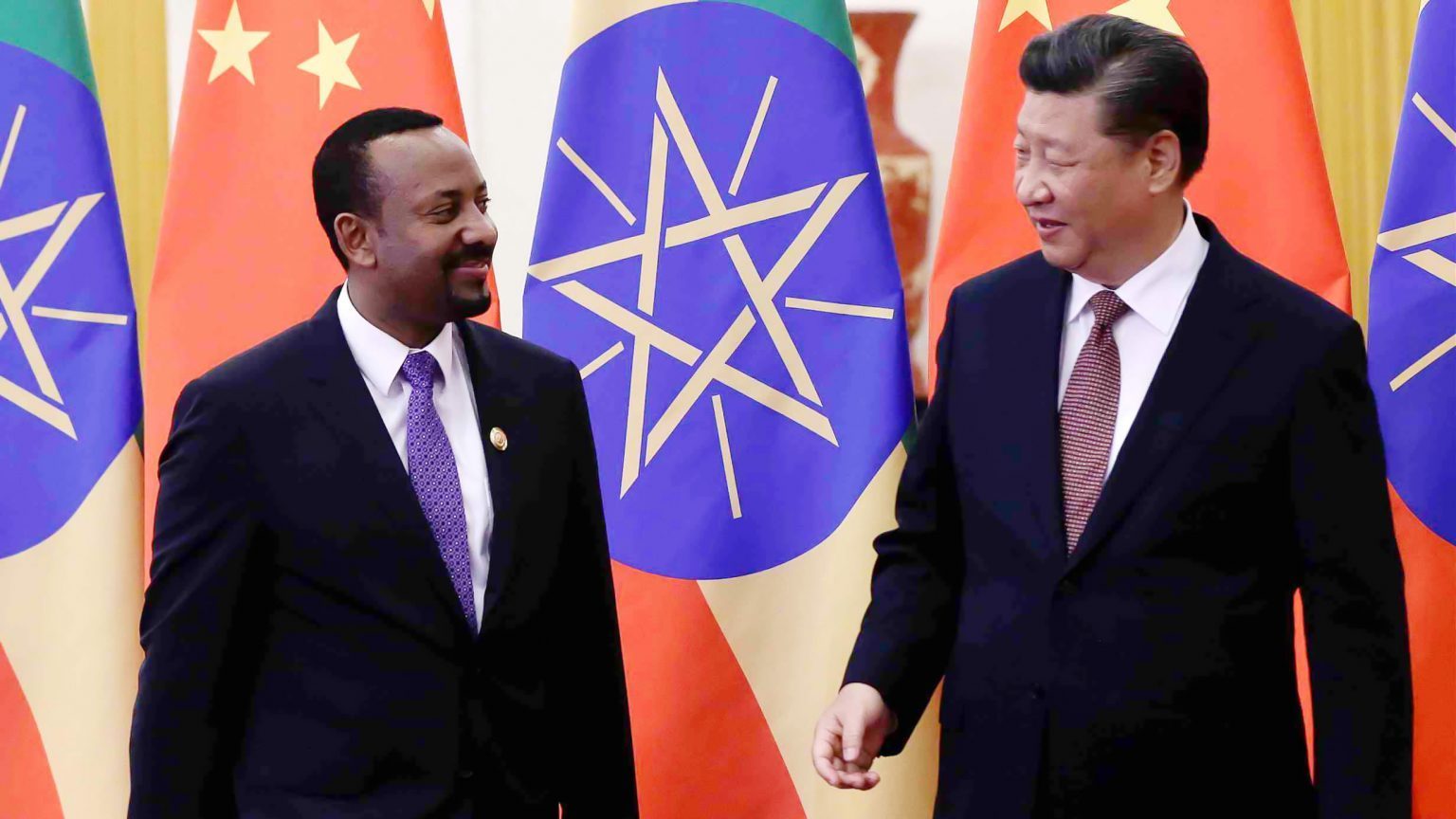Coffee Farming is the New Gold in Uganda
Since the Ugandan government liberalized Coffee sector, the country has been experiencing a boom in Coffee farming as farm developments at the country’s Mount Elgon in eastern Uganda has become a flourishing ground for thousands of acres of Coffee farms. Standing at almost 2,000 metres above sea level, Mount Elgon is Uganda’s highest peak with the right altitude to produce some of the world’s premium Coffee beans for export. The boom according to observers may be an answer to Uganda’s quest to create employment for its teeming youth population. In the last few years, Uganda has grown to become Africa’s biggest coffee exporting country and eighth-biggest in the world. In the past two decades coffee has contributed around 20-30% of Uganda’s foreign exchange earnings.
Read also: Nestlé Helps African Coffee Farmers Imbibe Sustainable Agriculture
One of the major players in the industry is Kyagalanyi Coffee, one of the largest coffee exporters in Uganda. Founded in 1992 and later became part of the Volcafe group, Kyagalanyi Coffee is the coffee division of ED&F Man, a commodities trader headquartered in London. Among other visible players in Uganda’s Coffee sector is a subsidiary of Sucafina, a Swiss trading firm, and the Singaporean conglomerate, Olam, which is fast becoming one of the biggest agro commodities giant in Africa with tentacles spread across West, Central and East Africa.
Some of these big firms have identified ways of engaging the farmers in a bid to improve yield and production quality. Ugandan exporters get their coffee from an army of smallholder farmers – as many as 1.7m households – who grow coffee trees alongside crops like bananas or beans. Quality control workers pick out unsuitable green, unroasted coffee beans from a conveyor belt at Dormans coffee factory in Nairobi. The sector flourished in the 1990s, after the government stripped the parastatal coffee board of its export monopoly. Liberalisation was promoted by President Yoweri Museveni with strong donor backing. More money flowed to farmers, poverty rates fell sharply, and production soared. Today about 60-80% of coffee export revenues go into the pockets of farmers, more than in most other African countries.
Read also: Iron Deficiency Undermines the Lives of Millions in Africa – Isn’t it time we do more to end it?
However, according to the Coffee Farmers Alliance of Uganda, there is need for sustainable farming as the liberalization that ushered in the new wave of Coffee millionaires also led to the collapse of Coffee cooperatives and farmers were left to fend for themselves. The restructuring of the domestic industry was followed by a slump in international coffee prices and a devastating outbreak of coffee wilt disease. Many farmers gave up on their trees. Exports had peaked at over 4m bags in the mid-nineties, but were barely 2m a decade later. Only in the last few years have they returned to peak levels, with 4.3m bags exported in 2017/18. In 2014 Museveni set an optimistic production target of 20m bags by 2020. The deadline has since been pushed back to 2025, but officials are positive.
Read also: Nila Yasmin of Uganda Wins the 2019 APO Group African Women in Media Award
Experts say that some simple interventions could make the difference. Coffee gains about a third of its weight in the last 2-4 weeks before ripening, so farmers should pick cherries only once they turn red. Another trick is to cut trees back to their stumps, then let them regrow; the farmer sacrifices income in the short-run, but the trees bounce back more fruitful than before. With better techniques and the right support Ugandan farmers could increase yields by 200% for robusta and 150% for arabica varieties, they say.
The problem is creating incentives to do so. Exporters rarely have a direct relationship with farmers. They get their coffee through middlemen, who drive round villages buying up cherries on motorbikes or trucks. Farmers sell their coffee to whoever offers a good price: if one company invests in higher yields, another might reap the rewards.
About 80% of Uganda’s coffee is robusta, which typically ends up in instant coffee blends. There is little price premium for improving quality, and so exporters do not bother. But speciality arabica coffee, which is grown in highland areas, is a favourite of rich-world consumers. That creates the kind of margins which can finance a direct trade relationship with farmers. Kyagalanyi now works directly with 21,000 arabica farmers in three regions of Uganda. One of those is Mount Elgon, an extinct volcano on the Kenyan border, where it operates five washing stations including the one at Gibuzale.
Teams of agronomists fan out across the hills, visiting farmers, checking certification standards and advising on best practices. Small demonstration plots show the benefits of new techniques. At harvest farmers bring their coffee to the washing stations, receiving rapid payment through cash or mobile money. Data from Kyagalanyi suggests the scheme is working. In 2018 half of the households it works with on Mount Elgon cut back trees to the stump, up from just 12% in 2015. Over 40% were using inorganic fertiliser, compared with about 15% in 2014. For washed arabica, yields increased by 72% in eight years with the farmers making about USh2.8m ($764) more each year as a result of price and productivity gains.
Analysts say that Mount Elgon is a good place for a coffee scheme to start. The roads are relatively smooth, the chain from farmer to exporter is quite short, and farmers have a commercial mindset but the challenge is greater in other arabica areas, like the Rwenzori mountains in the west.
Kelechi Deca

Kelechi Deca has over two decades of media experience, he has traveled to over 77 countries reporting on multilateral development institutions, international business, trade, travels, culture, and diplomacy. He is also a petrol head with in-depth knowledge of automobiles and the auto industry.














